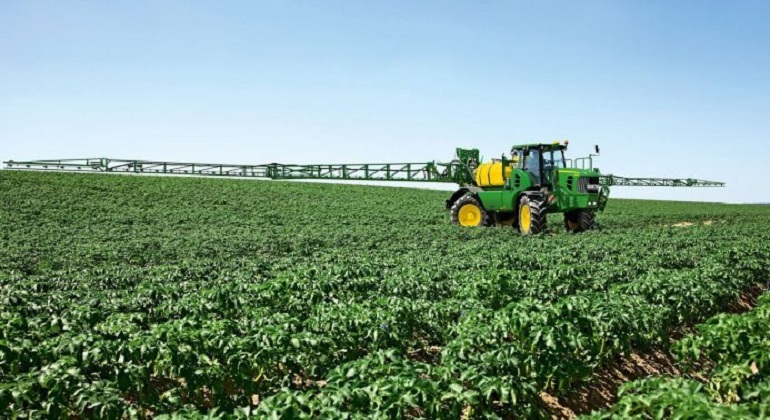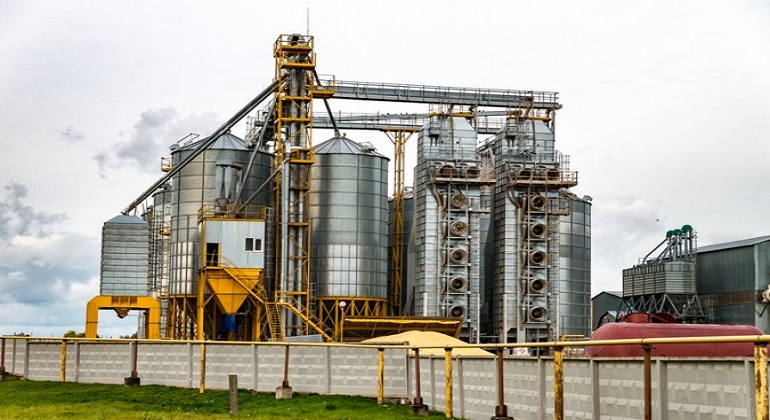OYO SAPZ
Oyo State
Oyo State, located in the southwestern part of Nigeria, has a rich agricultural heritage and is known for its diverse agro-ecological zones. Agriculture is a significant contributor to the state’s economy, providing employment for a substantial portion of the population and supporting both subsistence and commercial farming.
Here’s an overview of agriculture in Oyo State:


Crop Production
- Cassava: Cassava cultivation is widespread in Oyo State, and the crop serves as a staple food for many residents. Cassava is also processed into various products such as garri, fufu, and starch.
- Cocoa: Oyo State is historically known for cocoa production, and it has been a major cash crop for the region. Cocoa contributes significantly to the state's revenue and provides income for many farmers.
- Maize and Millet: These grains are essential components of the local diet and are cultivated in various parts of the state.
- Vegetables and Fruits: Oyo State is also known for the cultivation of a variety of vegetables and fruits, meeting both local and commercial demands.
Livestock Farming
- Poultry Farming: Poultry farming is a common practice in Oyo State, providing eggs and poultry meat to meet the protein needs of the population.
- Cattle Rearing: While not as prominent as in some northern states, cattle rearing is also practiced in Oyo State.
Cash Crops
In addition to cocoa, other cash crops like oil palm and rubber contribute to the state's agricultural diversity.
Irrigation Farming
Oyo State has implemented irrigation schemes to support farming activities, particularly during the dry season. This enhances crop production and reduces the reliance on rainfall.
Agribusiness and Processing
Oyo State has a growing agribusiness sector with various processing activities. Agro-processing industries in the state focus on adding value to agricultural products, enhancing their shelf life, and creating more economic opportunities.
Challenges
Challenges facing agriculture in Oyo State include inadequate infrastructure, limited access to credit, the need for modern farming technologies, and occasional clashes between farmers and herders. Addressing these challenges is crucial for sustained agricultural development.
